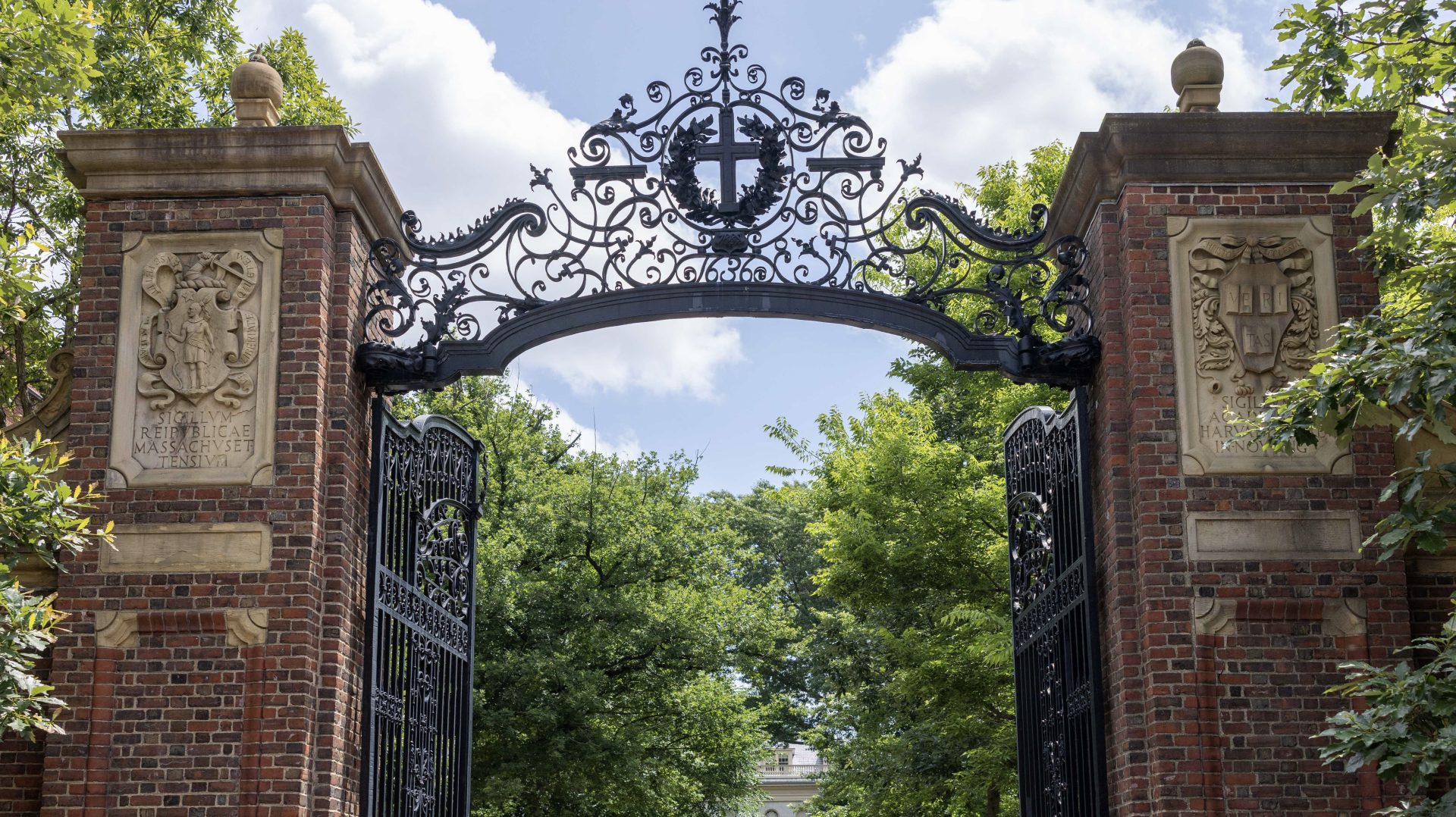
Photo: Scott Eisen/Getty Images
In the wake of the Supreme Court rejecting affirmative action in college admissions, activists are trying to get their lick back by using the ruling to tackle legacy admissions.
Boston-based nonprofit Lawyers for Civil Rights filed a lawsuit against Harvard University over the matter on Monday (July 3). On behalf of Black and Latino communities in the area, the nonprofit points out that 70 percent of Harvard’s legacy and donor-related applicants are white.
For context, legacy admissions give priority to families of alumni–who have, historically, been overwhelmingly white. Per the lawsuit, Harvard’s acceptance rate for legacy applicants between 2014 and 2019 was “almost six times higher than the acceptance rate for non-legacy applicants.”
As a result, the group acknowledges that “removing legacy preferences would increase admissions for applicants of color” while also stating, “Approximately one-quarter of the white students admitted would not have been admitted if the Donor and Legacy Preferences, among others, did not exist.”
“A spot given to a legacy or donor-related applicant is a spot that becomes unavailable to an applicant who meets the admissions criteria based purely on his or her own merit.”
AP News reports that Ivan Espinoza-Madrigal, the nonprofit’s executive director, further acknowledged the move in a statement.
“Why are we rewarding children for privileges and advantages accrued by prior generations? Your family’s last name and the size of your bank account are not a measure of merit and should have no bearing on the college admissions process.”
It’s also worth acknowledging that President Joe Biden recently declared that “practices like legacy admissions” ultimately “expand privilege instead of opportunity,” per The Harvard Crimson.
As The Shade Room reported, the Supreme Court shot down affirmative action in higher education on Thursday (Jun. 29).
The process allowed universities to consider race as a factor when admitting applicants. It was ushered in to benefit students from underrepresented communities. However, it’s been slammed throughout the years for allegedly being unfair to white and Asian applicants.
While SCOTUS has continually upheld affirmative action in the past, the new conservative majority has now found it unconstitutional. Within her dissent, Justice Ketanji Brown Jackson called the decision a “tragedy.”
Meanwhile, Justice Sonia Sotomayor said the ruling “rolls back decades of precedent and momentous progress.”